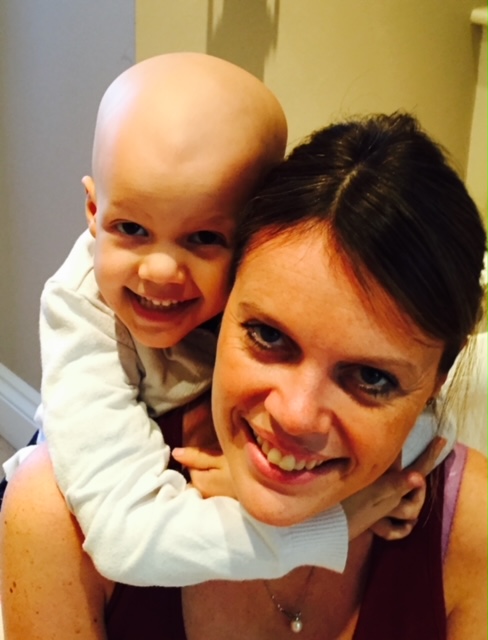New funding to support research on children’s cancer treatment

Alice’s Arc co-founder, Sara Wakeling, with her daughter Alice, who died five years after her rhabdomyosarcoma diagnosis.
Alice’s Arc is delighted to announce that it will be investing £670K in an innovative, new Rhabdomyosarcoma research project with the University of Oxford.
The project, which started on 1st June 2025 for 36 months, aims to develop and test the efficacy of a bespoke neoantigen mRNA vaccine as an adjuvant therapy for multi-modality treated rhabdomyosarcoma. The work will also focus on generating a therapeutic pipeline to test these vaccines in clinical trials for rhabdomyosarcoma patients. It will be co-led by Doctor Felipe Galvez-Cancino, Group Leader, Kidani Fellow, Centre for Immune-Oncology, Nuffield Department of Medicine and Professor Bass Hassan, Group Leader, Professor of Medical Oncology, Sir William Dunn School of Pathology.
Rhabdomyosarcoma (RMS) is a rare and aggressive cancer of soft tissue e.g. muscle and fibrous tissue, that usually occurs in children but is also seen in teenagers and adults. For the majority of patients, the treatment of RMS includes intensive chemotherapy, surgery and radiotherapy. Treatment remains generic and progress devising new treatments has stalled. At the point of relapse, survival is a dismal 8%. New treatments are urgently needed.
Bass Hassan commented: “Over the last 30 years we have learnt about the molecular mechanisms that underly the development of rhabdomyosarcoma, yet we have not translated these into new effective treatment strategies. I am excited by the leadership provided by the Alice’s Arc charity in challenging and supporting the research and innovation community to take risks with new disruptive approaches. My lab and clinical team are excited to continue our work on this challenge with Felipe’s team to bridge the gap between basic research and an informed development of mRNA vaccines in rhabdomyosarcoma”.
Felipe Galvez-Cancino commented: “It has been a pleasure to co-create this research with Bass’ lab and Alice’s Arc. It is imperative that we focus on devising new treatments for children with aggressive tumours such as rhabdomyosarcoma. These children continue to be treated with the same, old, generic treatment protocols leaving those that do survive with serious long-term side effects. My laboratory is motivated to play a role to change this story for future patients.”
Sara Wakeling (Alice’s Arc co-founder) added: “Alice’s Arc has a mission to help pave the way for new treatment options for rhabdomyosarcoma patients to be available at frontline and relapse timepoints. The development of mRNA vaccines is a promising and relevant new avenue in the field of cancer research. We want to ensure children with rhabdomyosarcoma are at the forefront of scientific research and discoveries in the field of mRNA vaccines as a treatment for cancer in the future. We are delighted to be working with the team at Oxford on this ground-breaking research”
Explore more
Hassan Group
Functional genomic co-dependencies and neoantigens in sarcoma.
Cancer and Genome Stability
Several Dunn School groups study processes that are critical to maintain genome integrity and normal cell growth.
More news
The latest news stories and research highlights from the Dunn School.